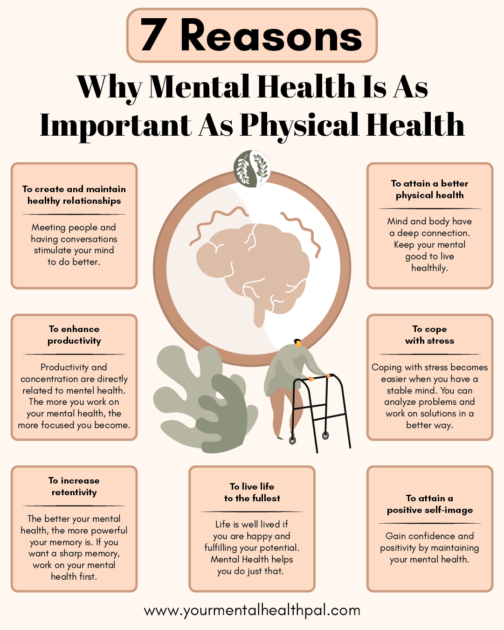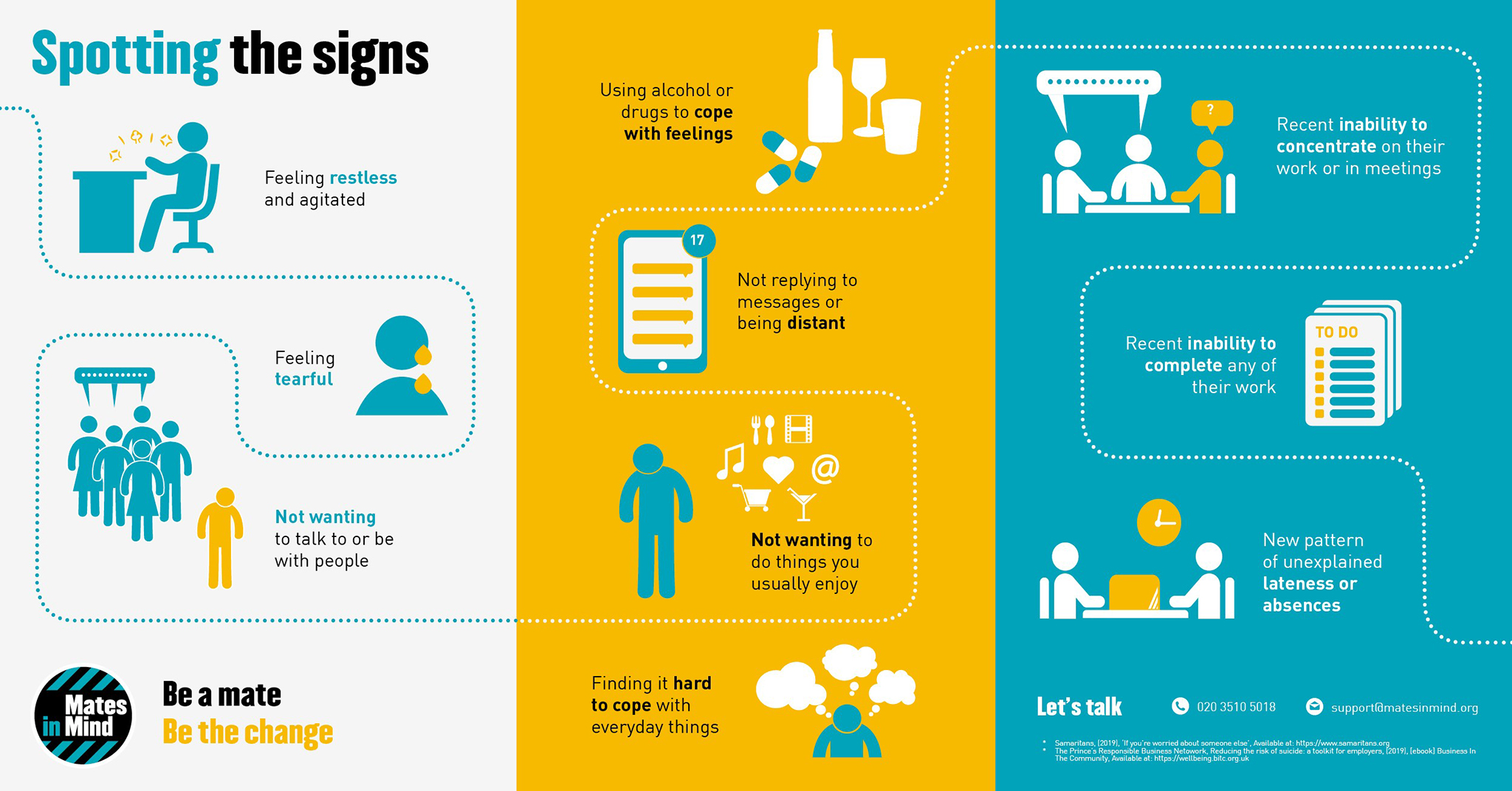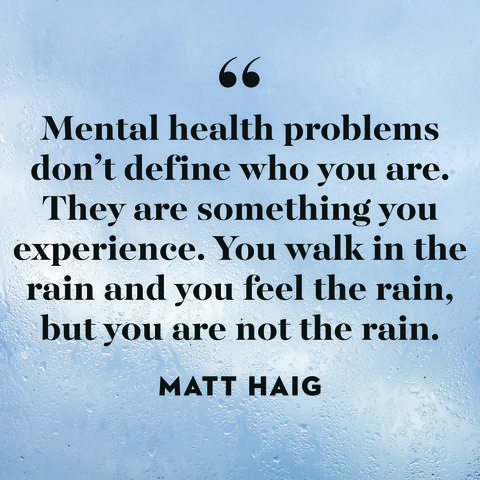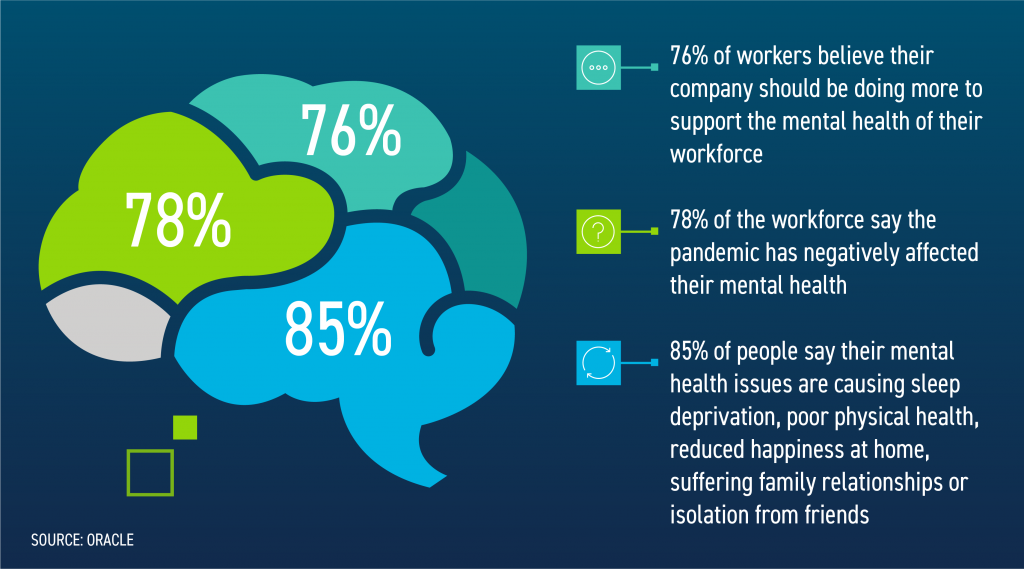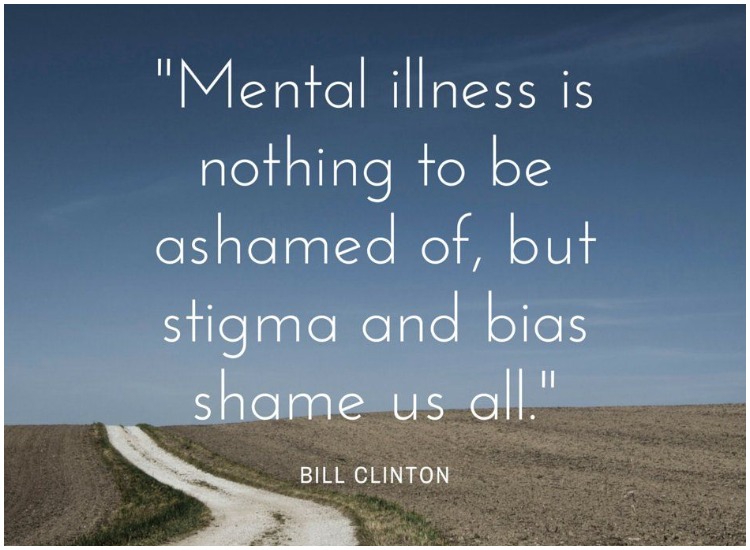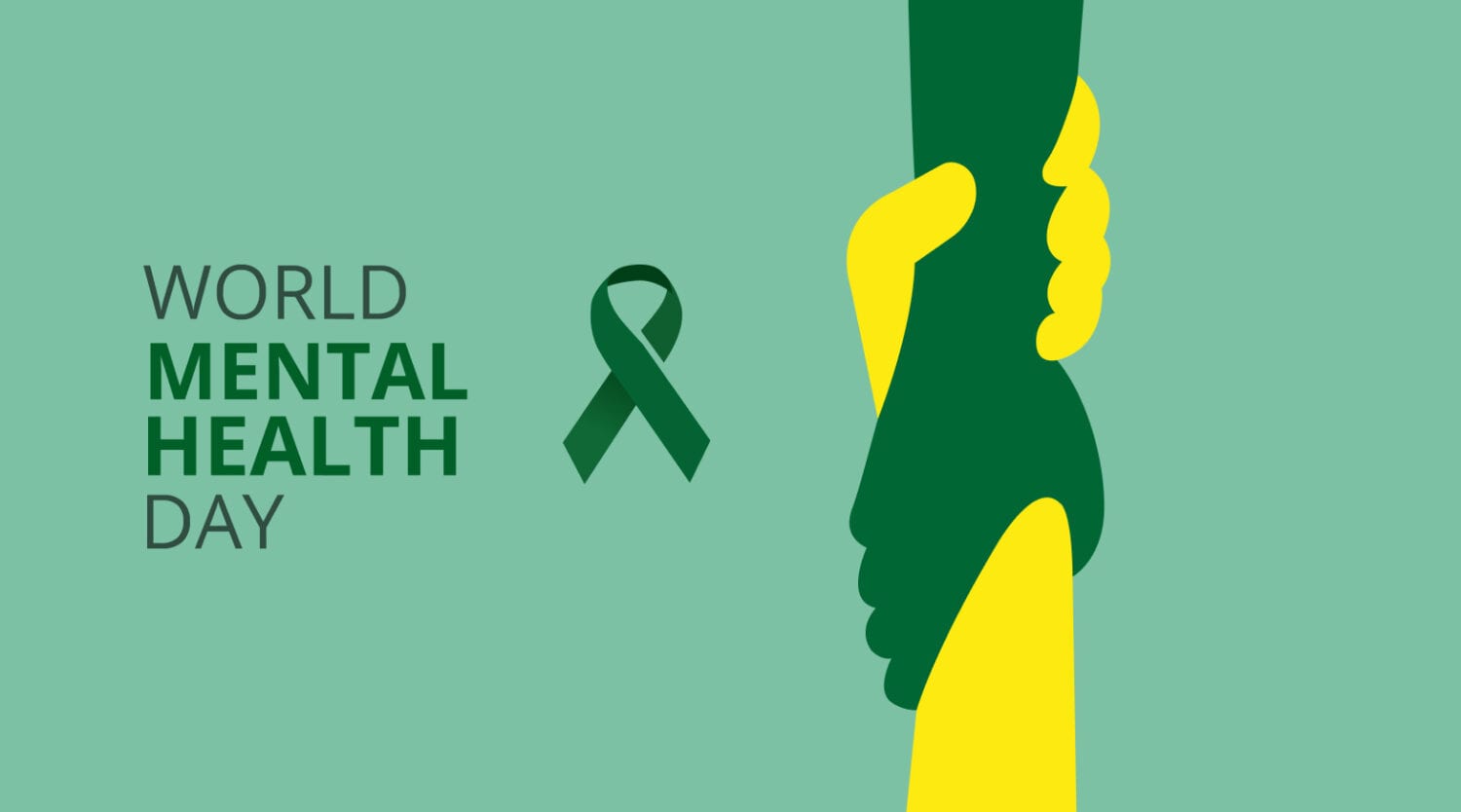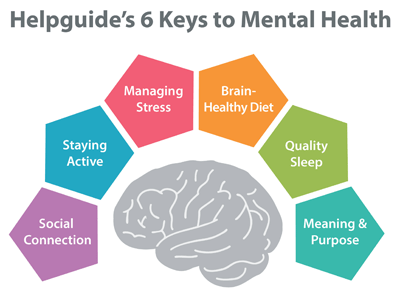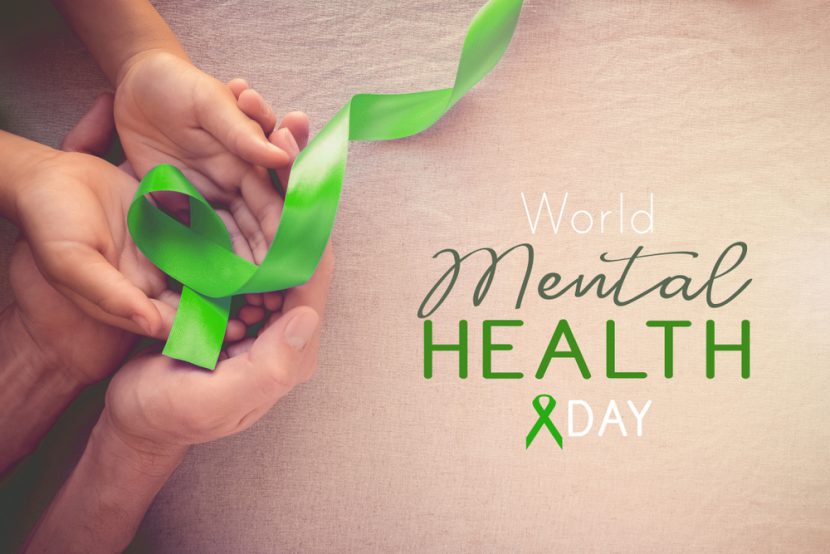Tomorrow is World Mental Health Day. This day serves as a global reminder of the importance of mental health and encourages open conversations around mental well-being. It was first celebrated in 1992 at the initiative of the World Federation for Mental Health, a global mental health organisation with members and contacts in more than 150 countries. This day, each October, thousands of supporters come to celebrate this annual awareness program to bring attention to mental illness and its major effects on people’s lives worldwide. In addition, this day provides an opportunity for mental health professionals to discuss and shed light on their work, making mental health a priority worldwide. In some countries, this day is part of an awareness week.
Mental health is an integral part of our overall well-being and encompasses the emotional, psychological, and social aspects of our lives. It affects how we think, feel, and act, as well as how we handle stress, make choices and relate to others. It is crucial to recognise that mental health is not merely the absence of mental illness but rather the presence of positive psychological states and coping mechanisms. Just like physical health, mental health is subject to fluctuations throughout our lives. We all experience a range of emotions, face challenges, and cope with stress at various times. This is perfectly normal. However, when these challenges become overwhelming and persist over extended periods, they can negatively impact our mental well-being.
Maintaining a healthy mental state is essential for multiple reasons. Mental health is interconnected with physical health and impacts every aspect of our lives. When we take care of our mental health, we are better equipped to handle stress, make informed decisions, and maintain healthy relationships. Good mental health is linked to higher productivity and improved performance in various areas of life, including work, academics, and personal goals. Research has shown a strong connection between mental and physical health. Poor mental health can lead to a weakened immune system, increased risk of chronic diseases, and even slower recovery from illnesses. Promoting mental health helps reduce the stigma associated with mental illnesses. Open discussions encourage empathy and understanding, leading to a more inclusive society. Taking care of our mental health proactively can act as a protective measure, reducing the risk of developing mental illnesses or exacerbating existing conditions.
The theme for the 2023 edition of World Mental Health Day is “Mental Health for All,” emphasising the need for universal access to mental health care and support. This year’s theme aims to break barriers and ensure that mental health services are available to everyone, regardless of their background or location. The theme addresses the disparity in mental health care and aims to break down barriers that prevent individuals from seeking help.
By encouraging open conversations and education about mental health, we can work towards eliminating the stigma that often prevents people from seeking help. Ensuring that mental health services are accessible to everyone, regardless of their socioeconomic status, location, or background, is crucial to achieving mental health for all. The theme highlights the need to prioritise mental health support for vulnerable populations, such as refugees, victims of violence, and those facing discrimination. Empowering individuals with the knowledge and tools to take care of their mental health can lead to better self-awareness and improved coping mechanisms. The theme also emphasises the importance of collaboration between governments, non-governmental organizations, healthcare providers, and communities to advocate for mental health support and resources.
World Mental Health Day is not just a day of awareness, but also a call to action. There are several ways individuals and communities can contribute to the “Mental Health for All” initiative. One can educate themselves and others about mental health issues, signs of distress, and available resources. By raising awareness, one can create a supportive environment for those in need. One can and should advocate for inclusive mental health policies and services that cater to the diverse needs of all individuals, including marginalised communities. One should volunteer or contribute to mental health organisations and initiatives that work towards improving access to mental health care. Open conversations about mental health should be encouraged and seeking help from mental health professionals when needed, is normalised. So one should prioritise self-care and mental well-being in their daily life and engage in activities that promote relaxation, stress reduction, and emotional well-being.
World Mental Health Day is a powerful reminder that mental health is a fundamental aspect of our lives and should be a global priority. 2023’s theme emphasises the importance of breaking down barriers and ensuring universal access to mental health care and support. By promoting awareness, education, and inclusivity, we can work towards building a society that fosters mental well-being for everyone, regardless of their background or circumstances. Let’s visualise a world where mental health is valued, protected, and nurtured, not just on World Mental Health Day but every day of the year.


